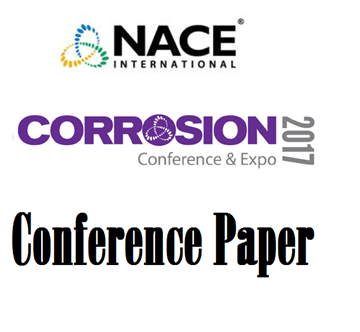Search
03530 EFFECT OF WET HYDROGEN SULFIDE ENVIRONMENTS ON THE CRACKING SUSCEPTIBILITY OF MEDIUM-STRENGTH MICROALLOYED PIPELINE STEELS FOR OIL AND GAS TRANSPORT
Also Purchased
03527 CORROSION FATIGUE AND NEAR-NEUTRAL pH STRESS CORROSION CRACKING OF PIPELINE STEEL IN VERY DILUTE CARBONATE/BICARBONATE WITH AND WITHOUT THE PRESENCE OF HYDROGEN SULFIDE USING THE COMPLIANCE
Product Number:
51300-03527-SG
ISBN:
03527 2003 CP
$20.00
Effect of Carbon Dioxide and Hydrogen Sulfide on the Localized Corrosion Susceptibility of Corrosion
Product Number:
51317--8933-SG
ISBN:
8933 2017 CP
Publication Date:
2017
$20.00
03528 EFFECTS OF METALLURGICAL PARAMETERS AND NON-METALLIC INCLUSIONS ON BEHAVIOUR FOR OIL AND GAS INDUSTRY STEELS ON HYDROGEN INDUCED CRACKING
Product Number:
51300-03528-SG
ISBN:
03528 2003 CP
$20.00




